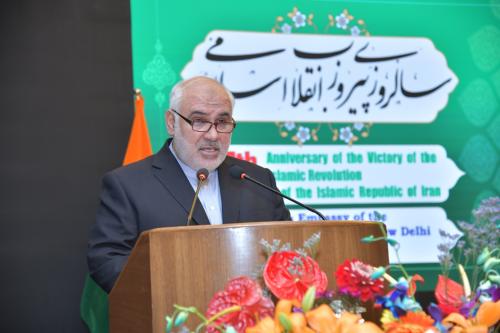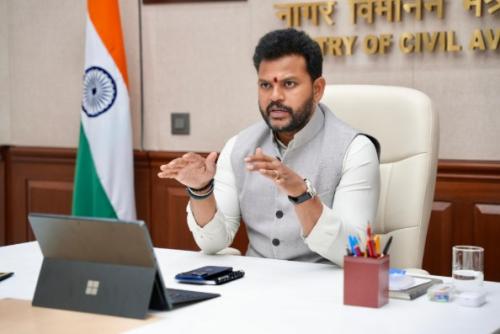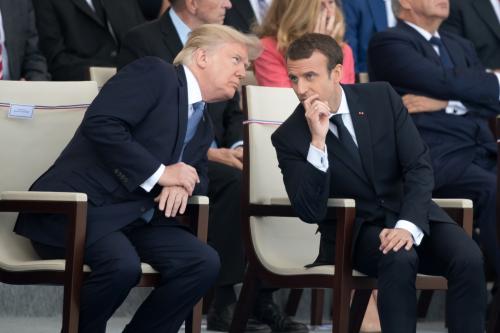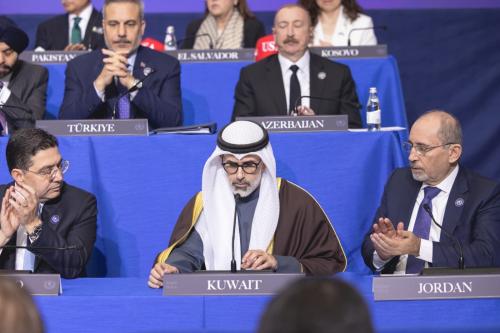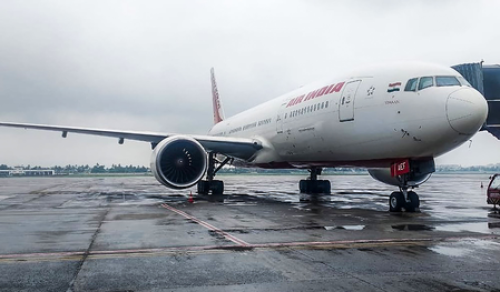ARUL LOUIS United Nations, Dec 24 (IANS) The UN's paralysis on its momentous challenge in decades with a permanent member of the Security Council invading a neighbour will be the dominant factor in 2023 and it will also bring the focus on reforming it. The Ukraine war has emerged as a catalyst for calls to change both the UN as well as the international institutions created after World War II, and there will be renewed efforts next year in that direction even if changes don't happen next year. As the long-simmering disenchantment with the functioning of the Council seemed ready to boil over, Secretary-General Antonio Guterres said: "The possibility of enlarging the Security Council is now seriously on the table." At the high-level week inaugurating the current General Assembly session leaders of more than 70 countries demanded reforms and it was reinforced at the debate in the Council called by India this month on "New Orientation for Reformed Multilateralism". While Council reform will move up in the various agendas at the UN in 2023, realistically it will be nowhere near to achieving it, although may move closer to adopting negotiating text, the main hurdle to progress. The Ukraine war and its cruel manifestations at the meal plates, petrol pumps and electricity meters around the world, as well as the inflation and the threats of recession, will dominate the discourse at the UN -- and universally. Guterres said that he does not see an early end to the war, but perhaps later in 2023. The UN is seeking to ameliorate the most serious consequence outside the theatre of war, the looming famine, through its one success this year: The Black Sea deal involving Russia, Ukraine and Turkey to allow food grains to travel out of the two countries in the conflict to the rest of the world. And it will try to replicate it for agriculture and energy. Pushed to the brink of the economic precipice -- and over it in some cases -- by the war that exacerbated the lingering effects of the Covid-19 pandemic several countries are facing a crisis that will echo in the UN and at international aid and financial institutions. The war itself has driven the polarisation between the West and Russia and its allies at the UN several notches up. Numerically a vast majority, 143 countries, have joined in condemning Russia's invasion, with only four joining Moscow in voting against it, while 35 countries including India, abstained. But Russia's veto at the Council is a force multiplier, and with its uneasy ally permanent member China, which stayed neutral in some of the votes against Moscow, can and do stop the action in other geopolitical areas like North Korea, which is again flexing its nuclear and ballistic missile muscles. China and Russia may be seen to form a counterpoise to the West at the UN, but their's is an uneasy alliance given that Beijing is more integrated into the global economy. Beijing is uneasy about Moscow's invasion of Ukraine because of the likely economic consequences for it, as seen in its abstentions on votes critical of Russia. China has quietly been building its influence among developing countries, especially in Africa and the Pacific, for several years, which helps it to manipulate the UN agenda and try to capture key leadership positions in UN-related organisations. This may slowly begin to change as countries like Sri Lanka start to feel the consequences of what had been presented to them as easy project financing with few political conditions. As India had done several years ago to develop counterweight diplomacy, the US recently launched its own Africa summit diplomacy. While geopolitical matters dominate the perception of the UN, it has in fact a much broader agenda for development and the environment, both considered to have strategic importance in forestalling fr ameliorating future crises. Guterres's Spokesperson Stephane Dujarric gave this assessment: "The challenge that we've seen over the last year and really starting with the outbreak of Covid is that it has negatively impacted our efforts, member states' efforts to achieve the (UN's) Sustainable Development Goals (SDGs). And we've gone backwards in a number of areas, in a number of areas including education, health, human rights, climate. "We hope that next year there will be re-commitments, that there will be changes in the international financial institutions, which the Secretary-General has been very clear that favour Western countries, favour rich countries, limit the ability of developing countries to access the financing that they need to help their people achieve the SDGs." In this scenario, India is remaking itself the voice of the Global South at the UN, as India's Permanent Representative Ruchira Kamboj recently put it. Stepping away from the sometimes rancorous polemics of old-school non-alignment, this new iteration is more focused on economic issues. Guterres had made fighting climate change the top priority of the UN, but the agenda has had setbacks for two reasons. First, the economic stress and the energy crisis caused by the pandemic and by the war have strained the resources for switching away from carbon-intensive energy production. Second, attention has been diverted from the climate issue by the war and its fallouts. Guterres has announced a "Climate Ambition Summit" in September 2023 to regain focus on climate change. Fighting terrorism is one of the key items on India's agenda - and which many countries also profess is important for them too. But in reality, the UN has not been able to adopt a comprehensive international convention on terrorism which has been in the works since 2000 because member countries can't agree even on the definitions of terrorists and terrorism. And China can be expected to continue to protect Pakistani terrorists from sanctions, even while it makes protestations about it being a victim of terrorism. There is even less hope for some of the long-term hotspots like Syria, Iran and North Korea than there is for Ukraine because of the big power rivalries underlying them. They can be expected to continue next year to simmer with periodic eruptions. And there are conflicts in Africa - directly involving countries like in Ethiopia and Eritrea, and mainly internal with some external involvement as in a South Sudan; Mali; the Congos, Burkina Faso and the Central African Republic. Africa, in fact, takes up a lot of the work of the Council where most of the peacekeepers are deployed. The safety of peacekeepers will continue to be a major concern for the UN. Two other disparate countries are likely to draw renewed attention at the UN in 2023: Israel with a more nationalistic coalition under the prime ministership of Benjamin Netanyahu taking power and heightening tensions with Palestinians, but with the UN having little effect, and Haiti where some form of international action may again be launched to bring order in a failed nation.
Ukraine to dominate UN in 2023, impacting reforms, economic issues
- by Rinku
- December 25, 2022 2 minutes
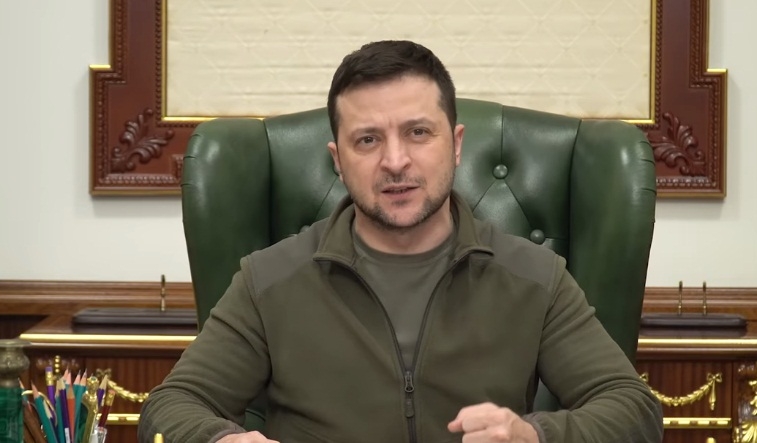
Volodymyr Zelenskyy President of Ukraine.(photo:Facebook)




